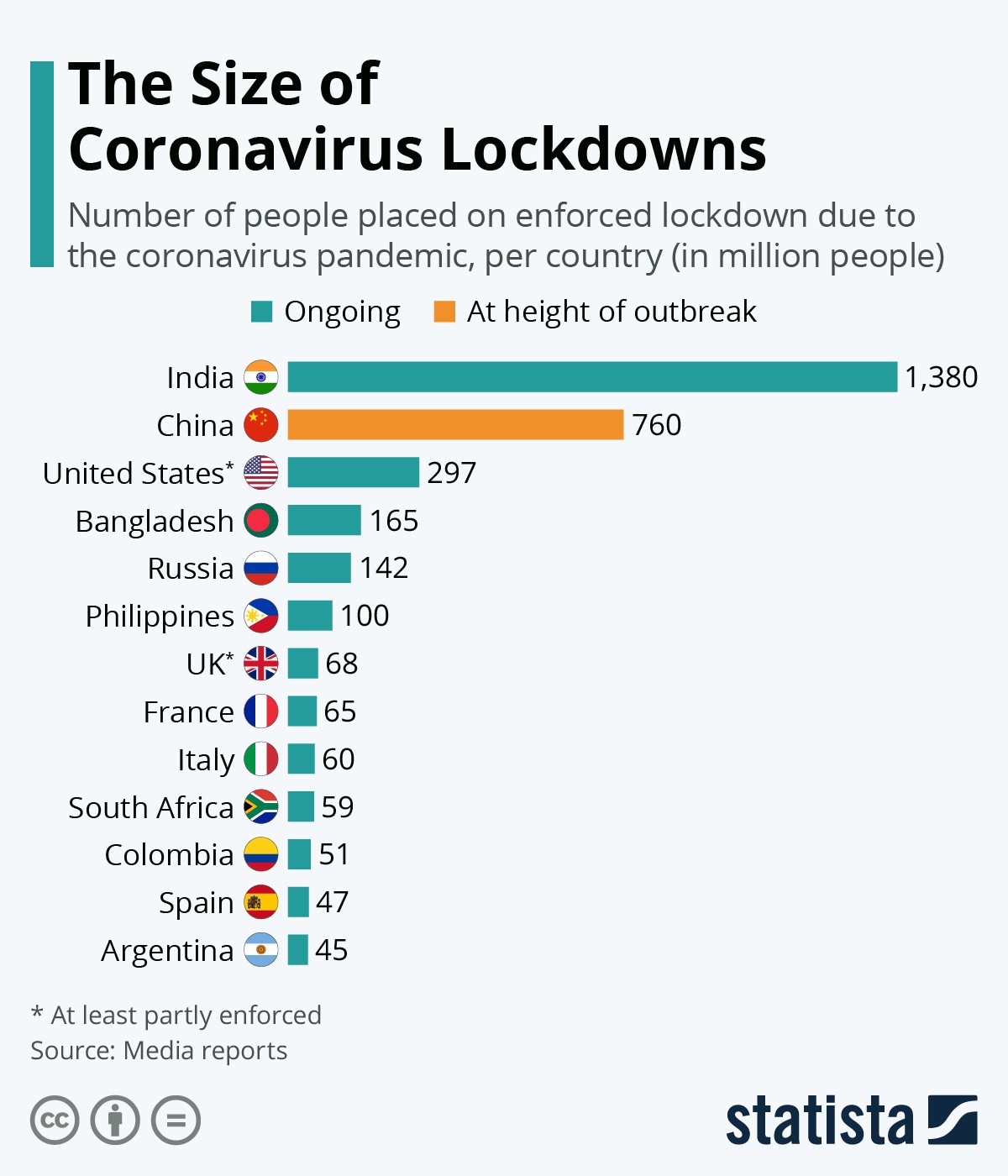As Passover begins and Easter approaches, many families will continue social distancing through a time that they would generally spend these holidays with their loved ones. This disruption to life as we know it has mental health experts warning about the impact of mental trauma. Feelings like anxiety and depression might start to impact people now and into the next few months. Families are stuck inside and those who live alone are cut off from their daily interactions.
“Currently, an estimated 2.6 billion people – one-third of the world’s population – is living under some lockdown or quarantine. This is arguably the largest psychological experiment ever conducted.”[1] In China, the country is reporting at least one full day of no new cases. The distancing is working, but it is a trying period for all involved.
Getting through this period only to be faced with uncertainty can be excruciating to people. Pennsylvania announced today that it will shut down all schools through the end of the school year. As parents try to wrap their heads around what’s next, one way to cope might be to create new routines. Developing new daily habits and routines can bring a sense of normalcy to these unprecedented times. “Reasons for stress abound in lockdown: there is risk of infection, fear of becoming sick or of losing loved ones, as well as the prospect of financial hardship.”[2] The group of workers considered “essential” are in a completely different mindset. While people can lock themselves inside and limit contact, essential workers are faced with the threat of the virus daily. Their fears are compounded by the overall uncertainty of this new virus and what their body’s reaction will be if they become infected.
Aside from the disruption to normalcy and routines, many people are also faced with financial insecurity that impacts the overall level of their trauma. More than 16 million Americans are out of work, and that equates to about 10% of the nation’s workforce. Some of the biggest hit sectors include entertainment and leisure. With a recession looming for the global economy, many are comparing this period to the Great Recession that began in 2008. However, there is only key factor – that recession began with a financial crisis.
Coping mechanisms might be the only remedy some have right now to combat the signs of trauma. The UK is providing guidance for public well-being that can be found by clicking here. Their recommendations are:
- Consider how to connect with others: Maintain relationships
- Help and support others
- Talk about your worries
- Look after your physical well-being
- Look after your sleep
- Try to manage difficult feelings
- Manage your media and information intake
- Get the facts
- Think about your new daily routine
- Do things you enjoy
- Set goals
- Keep your mind active
- Take time to relax and focus on the present
- If you can, once a day get outside, or bring nature in
[1] https://www.weforum.org/agenda/2020/04/this-is-the-psychological-side-of-the-covid-19-pandemic-that-were-ignoring/
[2] https://www.weforum.org/agenda/2020/04/this-is-the-psychological-side-of-the-covid-19-pandemic-that-were-ignoring/




